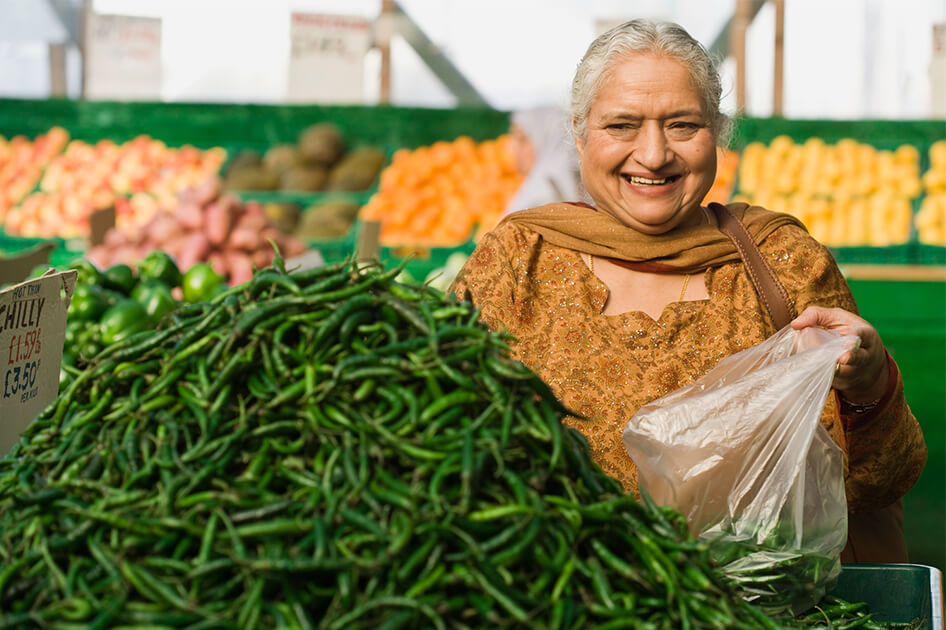
A vegetarian is someone who does not eat meat. Some vegetarians, called vegans, do not eat any animal products, such as eggs or milk. If you are a vegetarian or vegan, you may need to take a dietary supplement, especially if you are pregnant or breastfeeding.
What is a healthy eating plan for women who are vegetarian?
A healthy eating pattern for women who are vegetarian is the same as for any woman. Because vegetarians eat mostly plant-based foods, they usually get more fiber-rich foods and low-cholesterol foods than non-vegetarians do. But women who are vegetarians still need to make sure they are eating healthy, which includes foods with calcium and protein.
Do women who are vegetarian need to take a dietary supplement?
Not always. You can get all the nutrients you need from a vegetarian eating plan by eating a variety of foods from all of the food groups. But you may need to take extra steps to get enough protein, iron, calcium, vitamin B-12, and zinc.
The extra steps you need to take depend on what type of vegetarian you are. For example, low-fat and fat-free milk and milk products are good sources of calcium, vitamin B-12, and complete protein. Eggs are a good source of vitamin B-12, choline, and complete protein. So if you don’t drink milk or eat eggs, you need to get these nutrients from other foods.
See a list of good sources of protein, iron, calcium, and more for vegetarians at ChooseMyPlate.gov.
Do vegetarians need more nutrients during pregnancy?
Yes. Just like all women, your body needs more of some nutrients, such as folic acid, during pregnancy to help your baby grow and develop. In general, though, choosing a variety of healthy foods from each of the food groups will help you get the nutrients you need during pregnancy.1 Be sure to get enough protein, found in beans, nuts, nut butters, and eggs if you eat them. See the resources below for vegetarian sources of important nutrients for women.
Use the MyPlate Plan tool to find out how many calories you need based on your age, sex, height, weight, and physical activity level.
Did we answer your question about vegetarian eating?
For more information about vegetarian eating, call the OWH Helpline at 1-800-994-9662 or check out the following resources from other organizations:
- 10 Tips: Healthy eating for vegetarians (PDF – 500 KB) — Information from ChooseMyPlate.gov.
- Feeding Vegetarian and Vegan Infants and Toddlers — Information from the Academy of Nutrition and Dietetics.
- Food Sources of 5 Important Nutrients for Vegetarians — Information from the Academy of Nutrition and Dietetics.
- Lacto-Ovo Vegetarian Cuisine — Information from the National Heart, Lung, and Blood Institute.
Sources
- U.S. Department of Agriculture. (2016). Tips for Pregnant Moms (PDF – 1 MB).

